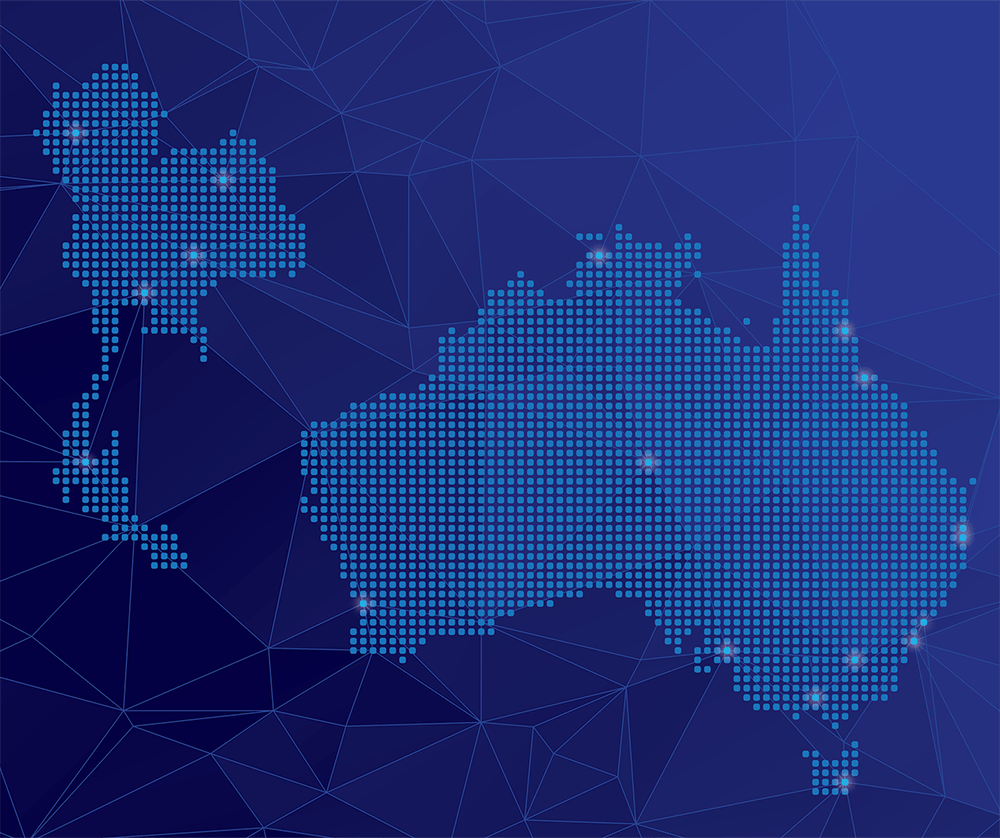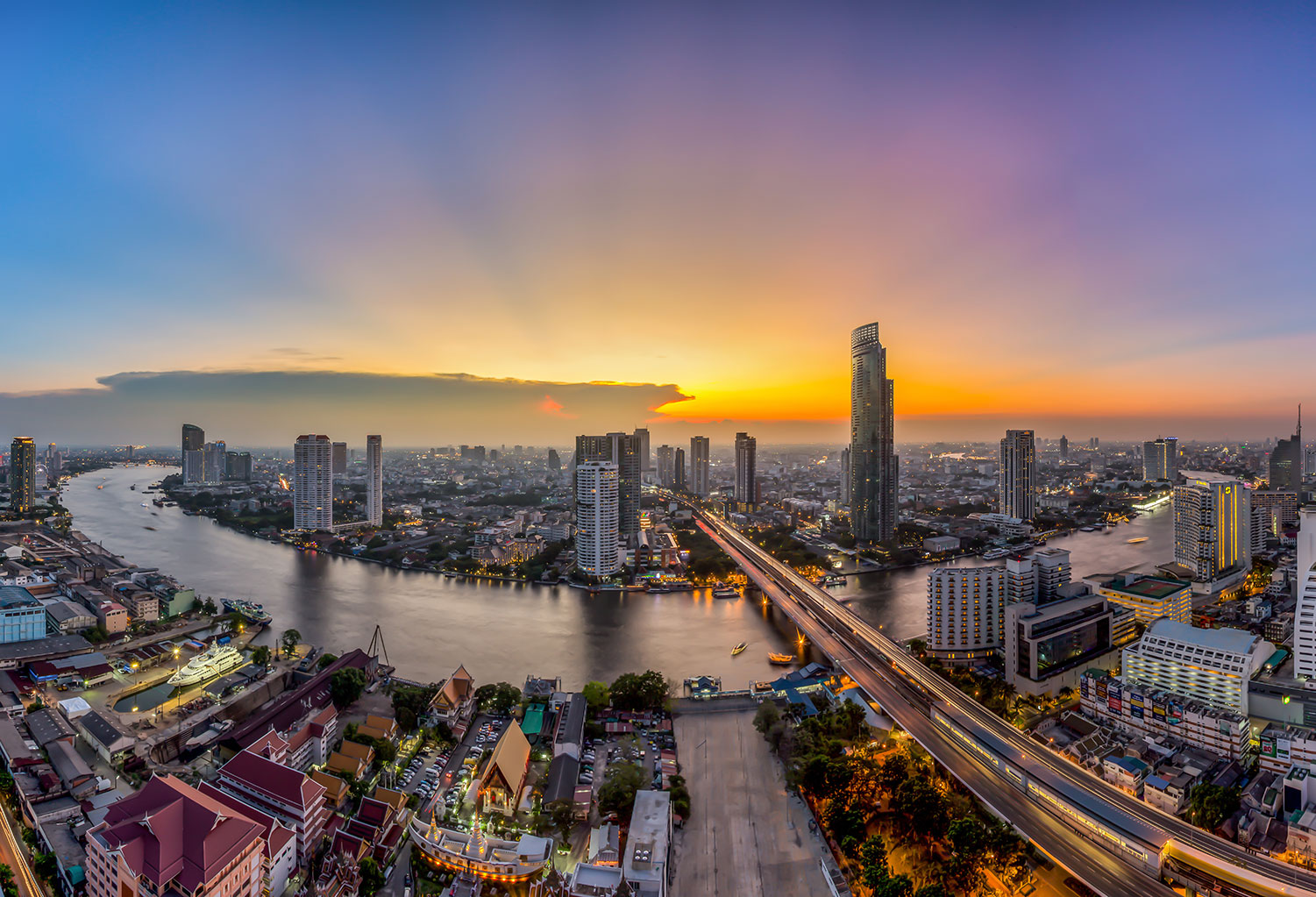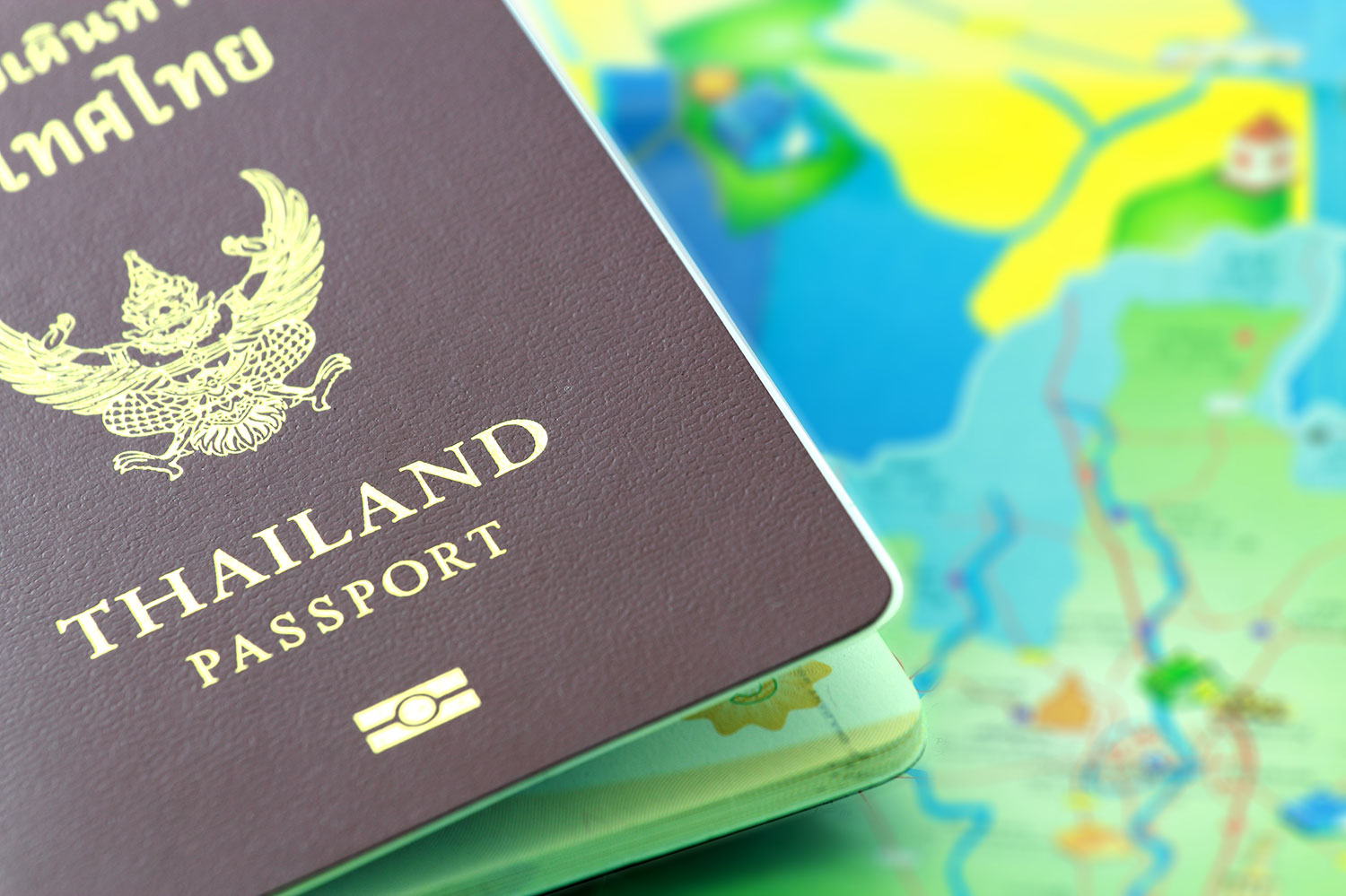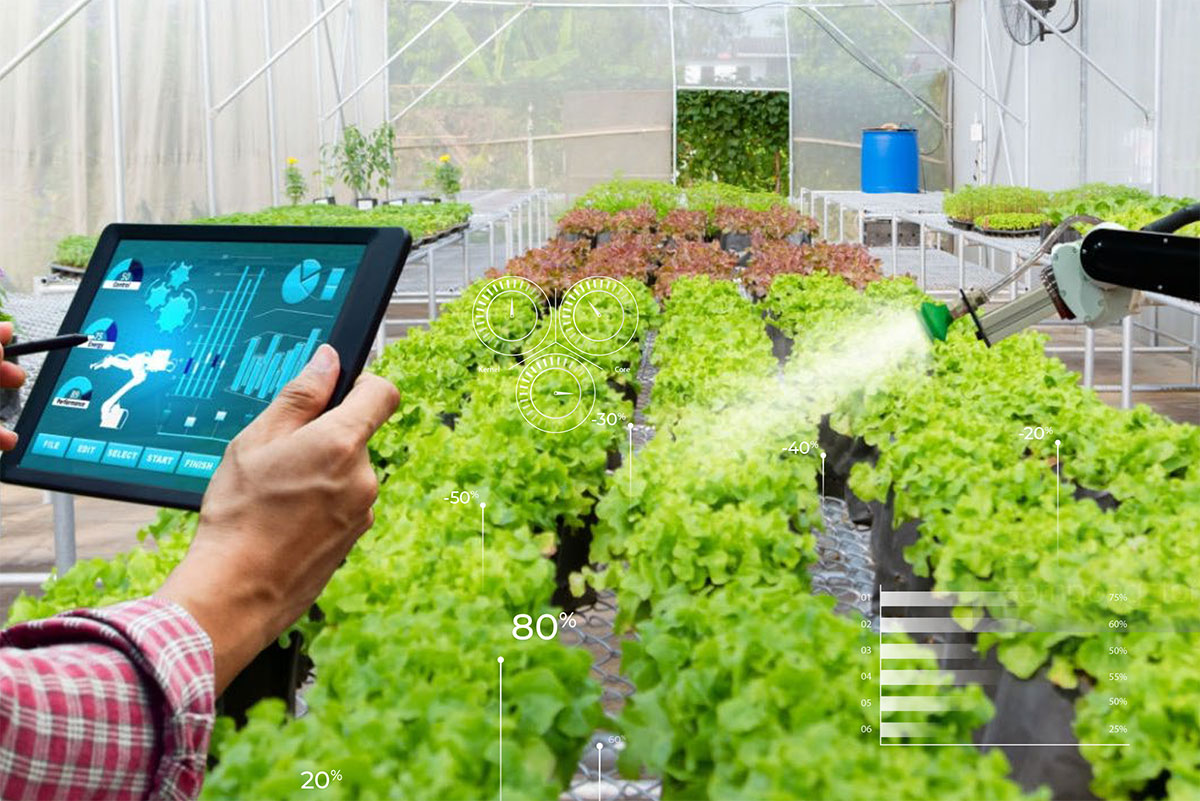Remarks by H.E. Busadee Santipitaks, Ambassador of Thailand to Australia at the Annual General Meeting Live Event of the Australia Thailand Business Council on Wednesday 2 December 2020.
Good Afternoon/ Good Evening, Mr. Doug Blunt, ATBC President,
คุณเกริกไกร จิระแพทย์, Honorary Advisor to the ATBC,
คุณ Marko Malivong, Guest Speaker,
ATBC members,
Ladies and Gentlemen,
It’s a pleasure and honour to be invited as a Speaker at the Annual General Meeting of Australia-Thailand Business Council.
This year 2020 has been a challenging year for us all because of the COVID-19 pandemic. I arrived in Australia at the end of February and faced lockdown from mid-March.
Since then, the Royal Thai Embassy and the Royal Thai Consulate-General in Sydney together with our Team Thailand agencies have been working with the relevant authorities in Canberra as well as the States and Territories in ensuring that we have continuous repatriation flights for Thais to return to Thailand and that stranded Australians in Thailand can also return home. We are also able to operate cargo flights to Australia in these arrangements.
We are indeed very fortunate to be in Australia which has been very successful in handling the spread of the COVID19 effectively. Similarly, while Thailand has been recognized by WHO as one of the successful countries curbing the spread of the COVID19 in a whole-of-the-government approach as well as support from key players, such as the Village Health Volunteers, Thailand still maintains a cautious approach in balancing the health response and taking sustained economic recovery.
While we have not announced any travel bubbles, we have since July allowed eligible, limited and specific groups of Non-Thais who fulfill the necessary criteria to travel to Thailand. We certainly hope to welcome more Australians to Thailand whenever the travel restrictions are lifted and circumstances ready.
Prior to the outbreak of the COVID19 pandemic in 2019, Thailand had a 2.4% GDP growth and welcomed almost 40 million tourists/travellers (39.8 million) to our country. However, in the 3rd quarter of 2020, Thailand’s economy has contracted by -6.4%. In particular, the tourism and hospitality industry has been hit very hard.
An initial forecast for Thailand’s economy in 2020 was expected to contract by 7.3–7.8%. The Office of the National Economic and Social Development Council (NESDC) has revised it to at -6%, due to increased private sector investment, better exports and manageable domestic issues.
Signs of visible growth in the Thai economy include expansion in the sectors of construction (7.4%), finance and insurance (1.7%), and media (1.7%) sectors.
Similarly, major international economic/financial agencies also forecast that Thailand’s economy will rebound in 2021. NESDC expects an overall forecast of Thailand’s GDP will be between 3.5–4.5%
- The International Monetary Fund (IMF) forecasts that Thailand’s GDP will increase by +4.0% next year, after a drop by -7.1% this year
- The World Bank (WB) estimated Thailand’s GDP will grow by +4.1 % in 2021, after a decline by -5.0% this year.
- The Asian Development Bank (ADB) projects that Thailand’s GDP will increase by +4.5 in 2021, after a -8.0 % decline this year.
Additional statistics show that Thailand is among the top countries with the highest COVID-19 recovery index, according to the Global COVID-19 Index (GCI).
- 21st in the World Bank’s Ease of Doing Business Index (from 27th in 2019)
- 44th in WIPO’s Global Innovation Index (from 43rd in 2019)
- 57th in the UN’s E-Government Development Index
- 29th in IMD’s World Competitiveness Ranking (25th in 2019).
In our efforts to revive the economy, we fully recognise the importance of private sector involvement in responding to COVID-19 situation by promoting sustainable cooperation on basis of “3Rs” and this was delivered by our PM at
the recent ASEAN Leaders’ Meeting with the ASEAN Business Advisory Council:
- The first “R” is “Responsiveness”. This means promptly responding to economic impacts, particularly the logistics of goods distribution as well as for producers and exporters in the supply chain. This should also include regular and interactive discussions, exchanges of information and proactive collaboration between ASEAN counterparts.
- The second “R” is “Recovery”. This refers to strong economic recovery. It also means focusing on maintaining open markets for trade and investment through promoting the full utilisation of existing FTAs (13 FTAs with 18 different nations), and also further exploring opportunities to negotiate free trade agreements with countries that hold potential, such as through the Regional Comprehensive Economic Partnership (RCEP).
- The third “R” is “Resilience“. This refers to the ability to respond to future public health emergencies. This is to be nurtured through hastening of development of digital economy and e-commerce, as well as benefiting from digital economy for industrial production and trade facilitation.
These steps will help to ensure that the supply and value chains will be strong and sustainable.
Just a few words on how Thailand is handling the COVID19 situation in Thailand and why there will be more opportunities for greater economic engagement and increased business activities. In balancing public health security with promoting economic activities, the Royal Thai Government has launched the “Stop COVID, not the Thai economy” policy.
In the past few months, Thailand has implemented economic measures worth 100 billion AUD, equivalent to approximately 12% of our GDP. Economic relief packages include wide-ranging monetary and fiscal measures including soft loans, debt moratoriums, cash handouts as well as extension of tax filing deadlines.
Apart from preventing the spread of COVID-19, Thailand has focused our priority on developing domestic vaccine production. The relevant stakeholders, including government agencies, the private sector, and research centre are partnering up to develop potential COVID-19 vaccines.
Thailand is also working with other partners to secure safe and effective vaccines which should be available as a public good. Most recently, on 27 November, Thailand has entered into an agreement with AstraZeneca on COVID-19 vaccine manufacturing for Thailand. This will help us to secure 26 million doses by mid-2021. It is an important factor towards economic recovery.
Despite COVID19, our bilateral relations continue to grow. Thailand and Australia still remain the leading trade partner of one another, with a total trade value of nearly 20 billion AUD in 2019. Trade between Thailand and Australia has not been greatly affected. The trade volume up till October is at about 15 billion AUD. It is estimated that by the end of this year the bilateral trade volume will be 2-3% less than that of the previous year.
A very important step that will help us towards regional economic recovery, is the Regional Comprehensive Economic Partnership (RCEP), which was recently signed by 15 Leaders, including Thailand and Australia. It is one of the largest trade agreements, encompassing one-third of the world population and 30% of the world GDP. RCEP will further bolster economic cooperation in terms of trade facilitation, e-commerce support platform and fair competition for SMEs.
Most recently, an important step in our bilateral relations is that on 13 November 2020, H.E. Gen Prayuth Chan-o-cha, Prime Minister of Thailand and The Honourable Scott Morrison, Prime Minister of Australia signed a Joint Declaration in elevating our bilateral relations to a Strategic Partnership.
While the Strategic Partnership is wide ranging in the areas of collaboration such as political and security, economic engagement, sectoral collaboration and people-to-people ties, it will also provide a roadmap for us to intensify our engagement in focused sectors.
The next steps will be for officials in Thailand and Australia to formulate a Joint Plan of Action, in key priority areas, including economic cooperation on digital economy, health services, education services, tourism and agriculture.
As a result of COVID19, another priority area of focus is addressing problems relating to supply chain disruption, including logistics transportation disruption. Thailand therefore sees the relevance of the Eastern Economic Corridor (EEC) located in Rayong-Chonburi-Chachoengsao provinces in Thailand. The EEC strategy is to focus on connectivity and focused technology and industries, and innovation.
It is also at the centre of connectivity through multi-modal transportation development, including high-speed rail, double track rail, 2 deep seaports in Chonburi and Rayong and a new U-Tapao international airport.
The EEC has targeted technologies and industries that will be more relevant in post COVID-19 focussing on digital, healthcare and logistics:
(1) Digital and Emerging Technologies – with 5 G network expected to cover the EEC area by 2021, it will transform manufacturing production into “Smart Factory” and support the growth of e- commerce in the region. There are plans to develop the EECi (Innovation).
(2) Health and Wellbeing –the EEC will optimise Thailand’s strength in medical, food and agriculture sectors through R&D in flagship projects such as “Genomics Thailand” for biomedicine research and “Food Innopolis” for food innovation.
(3) Smart Logistics – the development of EEC’s logistics industries will be centered around the U-Tapao International Airport and Aerotropolis, which will support greater flow of trade and investment and growing e-commerce.
The responsible public agency for the EEC is the Eastern Economic Corridor Office of Thailand (www.eeco.or.th)
In addition, the Board of Investment of Thailand whose representative Office is in Sydney has also launched a “Thailand Plus Package”. It is aimed at accelerating investment in large projects and focuses on high technology.
Eligible projects whose value of investment exceeds 22 million AUD (500 million baht) in 2020 and 44 million AUD (1 billion baht) in 2021 (excluding cost of land and working capital), may get 5-8 years of corporate income tax exemption.
Lastly, I would like to introduce you to explore and do business online with Thailand through the following digital platforms, put up by the Ministry of Commerce and Thailand Trade Office Sydney. They are:
- thaitrade.com: the national b2b marketplace to connect Thai exporters with international buyers around the world;
- stayinstylebangkok.com: all in one for lifestyle product,
it is an excellent platform for buyers and distributors to meet with leading producers of trendy lifestyle products and explore the opportunity for business matching.
If you are interested in Thai products and wish to join the business talk sessions and meet with other Thai exporters, or if you have any queries, please contact the Thai Trade Centre, Sydney at thaitradesydney@gmail.com
Thank you.








